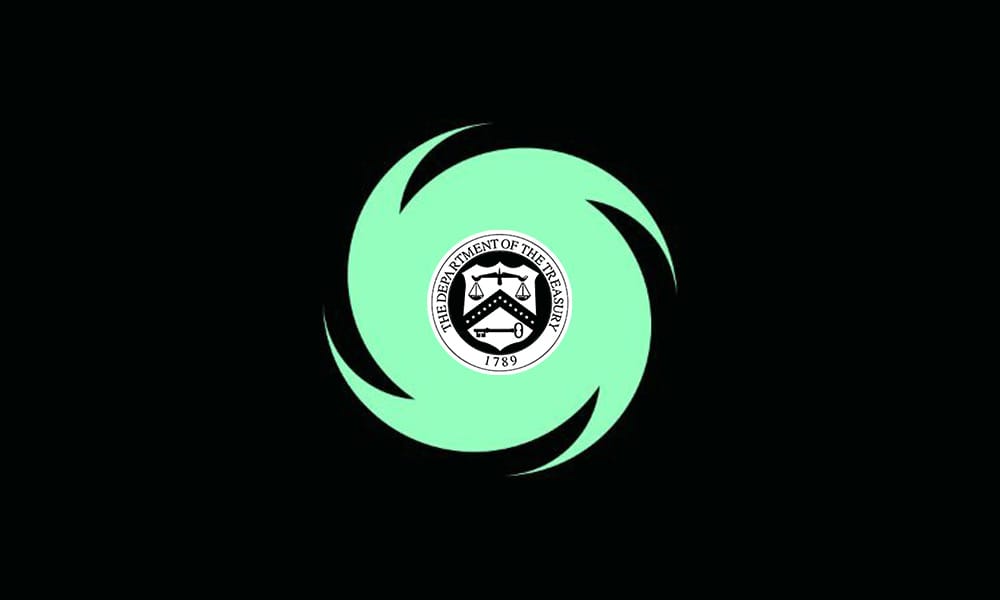Only Three Examples of 'Illicit' Tornado Cash Use Cited by US Treasury in Sanctions Case
A Fifth Circuit panel questioned the U.S. Treasury's classification of Tornado Cash as a corporation, calling its reasoning "slippery" during oral arguments on Tuesday.

- Tornado Cash users appealed a Texas federal court's decision upholding the Treasury's sanctions. The Treasury sanctioned Tornado Cash after discovering "North Korean hackers used at least three times (out of millions of transactions) it to launder hundreds millions worth of cryptocurrency." Users argue Tornado Cash is an open-source privacy tool, not a sanctionable entity.
- The Treasury Department argues it can sanction Tornado Cash, saying the crypto project acts like a corporation rather than ownerless code. Bradley Hinshelwood of the U.S. Department of Justice noted that users own TORN, a token similar to corporate stock.
U.S. Circuit Judge Kurt Engelhardt noted that, out of millions of transactions, the agency found only three instances of money laundering using Tornado Cash, asking why the existing designations for North Korea were insufficient to achieve the agency's purpose, reports Law360. "You're a solution in search of an entity, in a way," she added.
- U.S. Circuit Judge Edith Jones also expressed skepticism of the Treasury's categorization, noting that North Korea could still use the protocol, regardless if the sanctions were in place or not.
- In fact, just earlier this week, there were reports that the hacker entity which stole over $230 million in user assets from the Indian crypto exchange WazirX started to move funds through Tornado Cash in an attempt to obfuscate the trail of funds.
"But the three [transactions] that we're talking about are instances where North Korea stole hundreds of millions of dollars of cryptocurrency," DOJ's Hinshelwood said, adding that "it is important because by sanctioning entities that aid North Korea, their ability to help the rogue state is lessened."
- U.S. Circuit Judge Don Willett also asked if it mattered that the people who made Tornado Cash made a profit. Plaintiff's representative Kannon K. Shanmugam said anyone making money from Tornado Cash was doing so through a service besides the protocol itself.
"Property includes rights like possession and use and enjoyment. None of those rights are implicated here. This app exists on the internet — it's not even controlled in any meaningful way through the Tornado Cash website," Shanmugam added.
- Separately from this appeal, the US government is criminally prosecuting the co-founders of Tornado Cash Roman Semenov and Roman Storm. Semenov is fighting the charges while Storm remains at large. Another co-founder of Tornado Cash, Alexey Pertsev has already been sentenced in to 64 months in the Netherlands and is currently in the process of appealing the decision.
- In another related case, the US government also went after the founders of Bitcoin privacy tool Samourai Wallet. The next hearing in the Samourai developers' case is expected to take place on September 17th.
Law360 Article / Archive
Protos Article / Archive
CoinDesk Article (WazirX) / Archive




